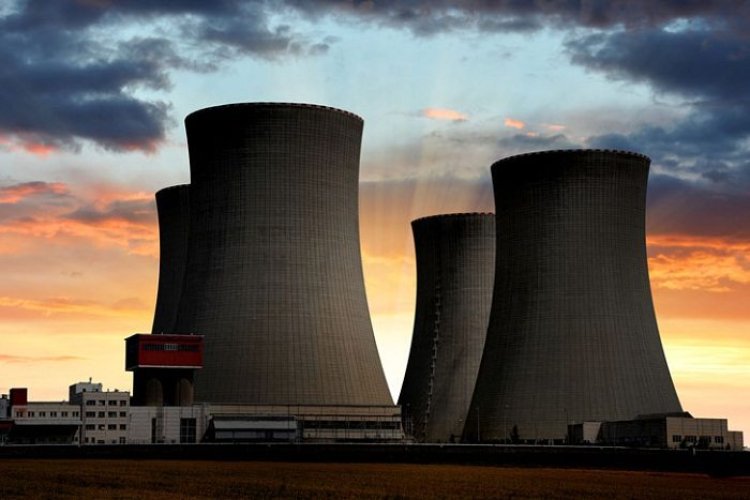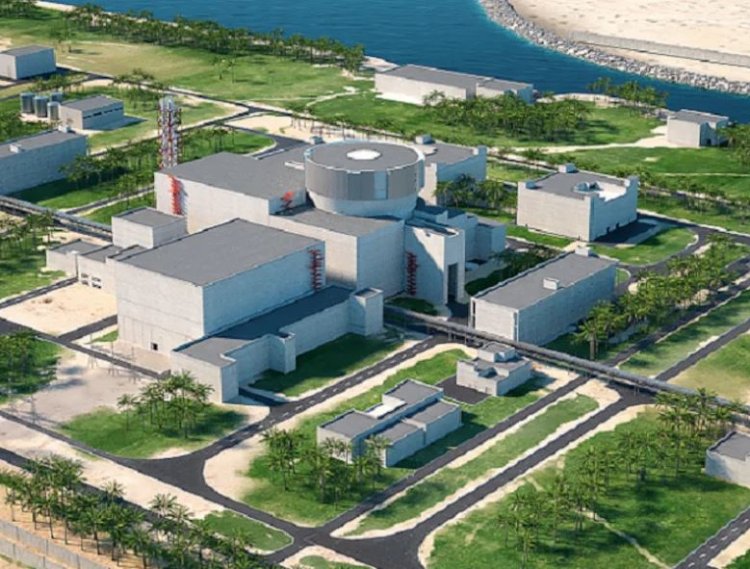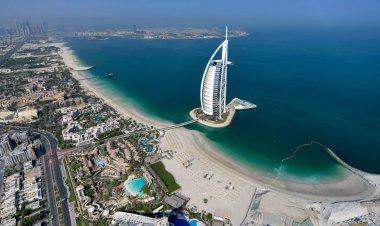Russia is building the world's largest nuclear reactor in Egypt

Egypt is witnessing the installation of the first nuclear component in the Dabaa reactors coinciding with the October celebrations, according to Russia Today.
The Russian ambassador to Cairo confirmed in statements to Russia Today: “This will be a new symbol of our friendship with Egypt,” explaining: “After the completion of construction of the reactor next year, it will become the largest in the world.”
The first foundations for the fourth reactor are scheduled to be poured next November, after obtaining a construction permit from the Nuclear and Radiological Regulatory Authority.
On November 19, 2015, Egypt and Russia signed a cooperation agreement to establish an atomic energy station at an investment cost of $25 billion, which Russia provided a soft government loan to Cairo.
In December 2017, Presidents Abdel Fattah El-Sisi and Vladimir Putin signed the final agreements to build the Dabaa station during the Russian President’s visit to Cairo. The Dabaa station will include four “3+” generation reactors operating with pressurized water, with a total capacity of 4,800 megawatts, 1,200 megawatts for each, and it is scheduled.
Dabaa nuclear plant
• The Dabaa Nuclear Plant is considered the first nuclear power station in Egypt to be built in the city of Dabaa, in Matrouh Governorate on the Mediterranean coast, about 300 kilometers northwest of Cairo.
• The nuclear power plant will consist of 4 power trains with a capacity of 1200 MW each with VVER-1200 (Vertical Hydro Power Reactor) generation (+3) reactors, which is the latest technology of the new generation.
• There are four groups operating in Russia

with reactors of this generation: two reactors each at the Novovoronezh plant site and the Leningrad nuclear plant.
• In November 2020, one power train with a VVER-1200 reactor outside the Russian Federation at the Belarusian nuclear power plant was connected to the grid.
• The construction of the nuclear power plant is being carried out in accordance with a set of contracts that entered into force on December 11, 2017.
• In accordance with contractual obligations, the Russian side will not only build the plant, but will also supply Russian nuclear fuel for the entire life cycle of the nuclear power plant, as well as provide assistance to Egyptian partners in training personnel and providing support in operating and maintaining the plant during the first ten years of its operation.
• Within the framework of another agreement, the Russian side will build a special storage facility and supply containers to store spent nuclear fuel.


 Shrouq
Shrouq 












